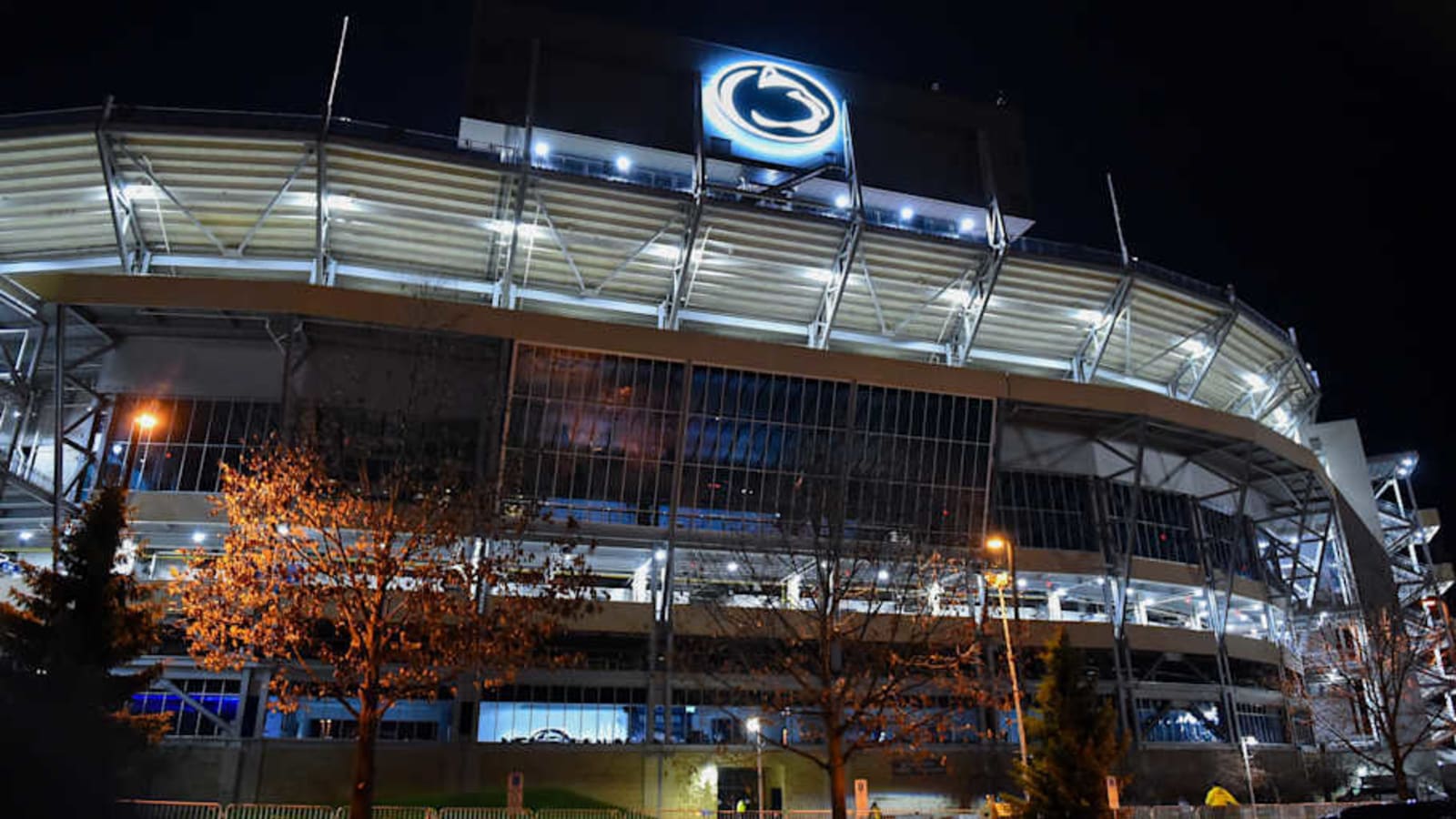Just IN: Penn State Football Tickets Will Get More Expensive! New fee hike
Penn State is adding fees to a range of sports products, from tickets to parking to concessions, as part of a fund designed to raise money for the “new era of college athletics” that will include revenue sharing. Penn State introduced the Legacy Fund as a way to generate additional athletic department revenue, though it specifically said the fund is not a “talent fee” that other schools have implemented to help pay players in the future.

In a news release Friday, Penn State said that the money raised through the Legacy Fund will go toward athletic scholarships for athletes in the program’s 31 varsity sports. Penn State also said that it will use the fees to maintain athletic facilities, including Beaver Stadium, which is undergoing a $700 million renovation. In the release and accompanying FAQ, Penn State said the Legacy Fund is “not a player talent fee” similar to the 10-percent fee Tennessee added to season ticket for 2025.
“The purpose of the Legacy Fund is to provide resources for student-athlete scholarships and a commitment to ensuring Penn State’s 23 athletics facilities remain some of the best venues in the nation,” according to Penn State’s FAQ regarding the Legacy Fund.
Penn State offered a few details about the new Legacy Fund fees. Penn State football season-ticket holders will be charged an additional $20 per seat during the 2025 regular season. Fans with football season parking passes will be charged an additional $45 per pass. Penn State also said fans should expect to see fees added to single-game tickets for football and other sports, concessions and sports-related merchandise. The release did not provide specifics on those fees.
The fees could generate millions of dollars annually for the Legacy Fund. For example: Penn State Athletic Director Patrick Kraft has said that Penn State has about 94,000 football season-ticket holders. At $20 per season ticket, Penn State could raise an additional $1.88 million annually. The $45 parking fee could raise another $1 million annually.
“As college athletics experiences generational change, Penn State Athletics is taking steps to guarantee its longstanding history of excellence in the classroom, the community and competition continues for years to come,” Penn State said in the news release. “Among the changes resulting from the pending House decision, scholarship limits currently in place under NCAA regulations
will be removed, allowing Penn State to financially support the academic pursuits of more student-athletes for all 31 sports. The Legacy Fund is a small but meaningful way to provide support to
current and future Penn State student-athletes.”
The $2.8 billion House vs. NCAA settlement, if approved, will allow college athletic departments to share as much as $20.5 million in revenue annually with athletes beginning July 1. As a result, athletic departments are seeking new revenue streams, whether that means increased ticket prices, added talent fees or charges to students. Through the House settlement, schools not only can pay players through revenue sharing but also can provide scholarships to more athletes, since scholarship limits will be replaced by roster limits.
According to its most recent financial report, Penn State Athletics spent $24.1 million on student aid, representing about 11 percent of its expenses for the 2023-24 fiscal year. In its Legacy Fund FAQ, Penn State said that the athletic department covered its “financial gap” regarding scholarships with operating revenue.
“Previously, that gap has been covered by operating funds, but in the changing landscape of college athletics and with the potential of additional scholarships, the use of operating funds will no longer be able to cover the growing costs associated with scholarships,” Penn State said in it FAQ. However, Kraft said last year that he expects Penn State to benefit from the removal of scholarship limits.
“One other thing that I’m excited about [with the proposed settlement]? Scholarship limits go away,” Kraft said at Big Ten Football Media Days. “… Now, the power of Penn State [has] the ability to go out and raise the money to go put more of our athletes on scholarship. That is a huge, huge advantage for us. That’s perfect for us.”
Penn State also said Friday that it will not raise prices for football season tickets during the 2025 and 2026 seasons, which will see seating disruption from the Beaver Stadium renovation.





